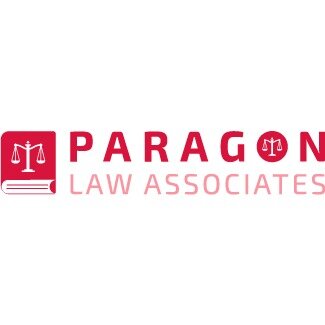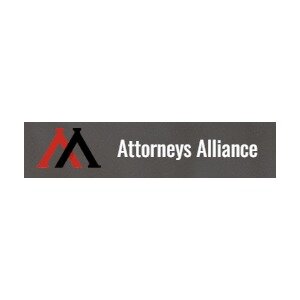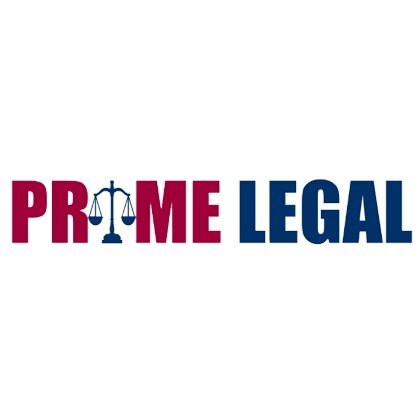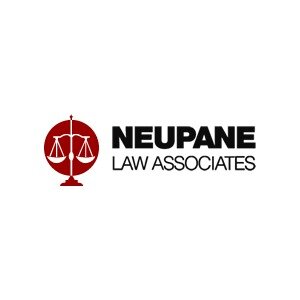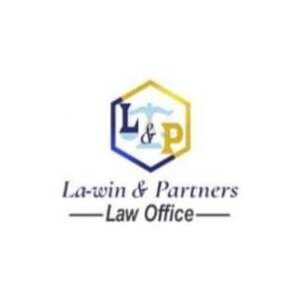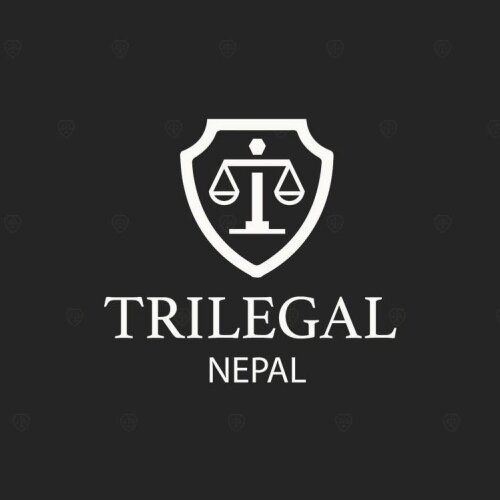Best Water Law Lawyers in Kathmandu
Share your needs with us, get contacted by law firms.
Free. Takes 2 min.
List of the best lawyers in Kathmandu, Nepal
About Water Law in Kathmandu, Nepal
Water Law in Kathmandu, Nepal refers to the set of legal regulations, policies, and customary practices that govern the use, management, distribution, and protection of water resources in the city and across Nepal. Given the region's dependence on rivers, groundwater, and rainfall, water law plays a crucial role in ensuring access to safe and equitable water, regulating competing uses, protecting the environment, and resolving disputes among individuals, communities, and organizations. In Kathmandu, water law is influenced by the Constitution of Nepal, various national acts, local municipal statutes, and traditional water management customs.
Why You May Need a Lawyer
There are many circumstances where legal assistance related to water law in Kathmandu may be essential. Some common situations include:
- Settling disputes over water sharing between neighbors, communities, or organizations
- Addressing illegal water extraction or unauthorized tapping of water lines
- Challenging government or municipal decisions regarding water allocation or water tariffs
- Seeking compensation for damages caused by flooding, drainage issues, or water pollution
- Navigating permits for drilling borewells, constructing water infrastructure, or setting up water-based businesses
- Protecting customary water rights or addressing threats to traditional water sources
- Dealing with issues related to public health or environmental concerns linked to contaminated water sources
A lawyer can help interpret complex regulations, represent you in negotiations or court, prepare necessary documents, and ensure your rights and obligations are clear.
Local Laws Overview
Key aspects of water law in Kathmandu, Nepal, are grounded in national and local legislation. The Constitution of Nepal recognizes water as a fundamental right and mandates the state to manage resources sustainably. Important legislation includes the Water Resources Act 1992, which establishes water use priorities, user associations, licensing systems, and mechanisms for resolving conflicts. The Environment Protection Act governs water pollution and conservation measures.
Kathmandu’s local government bodies issue specific rules for water distribution, metering, and tariff collection. The Kathmandu Upatyaka Khanepani Limited (KUKL) is responsible for most urban water supply, while other small-scale or community-managed systems are also common. Borewell drilling is regulated, and permits are required to prevent over-extraction of groundwater. Customary law, particularly Guthi (community-based systems), still operates in some localities, especially in relation to ponds and traditional water taps (hitis). Non-compliance with these regulations can attract penalties or criminal charges.
Frequently Asked Questions
What legal rights do I have regarding water access in Kathmandu?
Under Nepal’s Constitution, every citizen has the right to access clean drinking water. This is implemented through national and local laws, but in practice, access may vary depending on location, infrastructure, and permits.
Is it legal to dig my own well or borehole for water?
You must obtain a permit from the local authorities to drill a borewell in Kathmandu. Regulations restrict the number and depth of borewells to protect the city's groundwater resources.
What should I do if my neighbor is illegally diverting water?
Report the incident to your local municipality or ward office. You may also file a complaint with Kathmandu Upatyaka Khanepani Limited or the police, and seek legal advice to protect your rights.
How are water disputes typically resolved in Kathmandu?
Disputes are usually settled through local government offices, mediation, or the courts, depending on the scale and complexity of the issue. Community-based mechanisms may also play a role in traditional water sources.
Can businesses extract and sell groundwater in Kathmandu?
Businesses must acquire proper licenses from the relevant local and national authorities to extract and commercialize groundwater. Unauthorized extraction is punishable by fines and closure orders.
What rules exist for water pollution and waste disposal?
The Environment Protection Act and related rules prohibit disposal of pollutants into water sources. Offenders can face fines, cleanup orders, or prosecution.
Can I object to a new water project affecting my village?
Yes, you may submit objections during public consultations or file administrative and legal complaints if a proposed project threatens local water access or the environment.
Who is responsible for water supply and quality in Kathmandu?
Kathmandu Upatyaka Khanepani Limited (KUKL) is primarily responsible for urban water supply, while local municipalities oversee smaller or community-based supplies. The Department of Water Supply and Sewerage Management sets standards and provides oversight.
Do traditional water rights have legal recognition?
Yes, customary rights, such as the use and management of hitis (water spouts) and ponds managed by Guthi, are generally respected, provided they do not conflict with national laws and policies.
What penalties apply for water theft or illegal connections?
Water theft or unauthorized connections can result in fines, disconnection, or criminal charges, depending on the severity and repetition of the offense.
Additional Resources
If you need more information or help regarding water law in Kathmandu, consider contacting the following:
- Kathmandu Upatyaka Khanepani Limited (KUKL): Responsible for urban water supply management
- Department of Water Supply and Sewerage Management: Oversight and regulation of water supply nationwide
- Ministry of Water Supply: Policy making and regulation
- Local Municipality or Ward Office: Handling permits, complaints, and local disputes
- Nepal Bar Association: Find registered lawyers specializing in water law
- National Human Rights Commission: For water rights violations
- Relevant NGOs: Organizations like Forum for Water and Environment (FOREN), and Center for Environmental and Agricultural Policy Research, Extension and Development (CEAPRED) provide advocacy and support
Next Steps
If you require legal assistance in water law matters in Kathmandu, here are suggested steps:
- Gather all relevant documents such as contracts, permits, photographs, or letters related to your water law issue.
- Contact your local municipality or water supply authority to discuss the issue and review any regulations or complaint procedures.
- If you do not receive a satisfactory response, consult a lawyer specialized in water law. The Nepal Bar Association or local legal directories can help you find the right professional.
- Be prepared to explain your situation clearly and provide any evidence you have collected.
- Your lawyer can help you explore solutions such as negotiation, administrative appeals, alternative dispute resolution, or filing a suit in court if necessary.
- Continue to monitor the progress of your case and ask questions as needed. Ensure you understand your rights and obligations at every stage.
Navigating water law issues can be complex, but with the right guidance and support, you can protect your interests and contribute to the sustainable management of water resources in Kathmandu.
Lawzana helps you find the best lawyers and law firms in Kathmandu through a curated and pre-screened list of qualified legal professionals. Our platform offers rankings and detailed profiles of attorneys and law firms, allowing you to compare based on practice areas, including Water Law, experience, and client feedback.
Each profile includes a description of the firm's areas of practice, client reviews, team members and partners, year of establishment, spoken languages, office locations, contact information, social media presence, and any published articles or resources. Most firms on our platform speak English and are experienced in both local and international legal matters.
Get a quote from top-rated law firms in Kathmandu, Nepal — quickly, securely, and without unnecessary hassle.
Disclaimer:
The information provided on this page is for general informational purposes only and does not constitute legal advice. While we strive to ensure the accuracy and relevance of the content, legal information may change over time, and interpretations of the law can vary. You should always consult with a qualified legal professional for advice specific to your situation.
We disclaim all liability for actions taken or not taken based on the content of this page. If you believe any information is incorrect or outdated, please contact us, and we will review and update it where appropriate.




